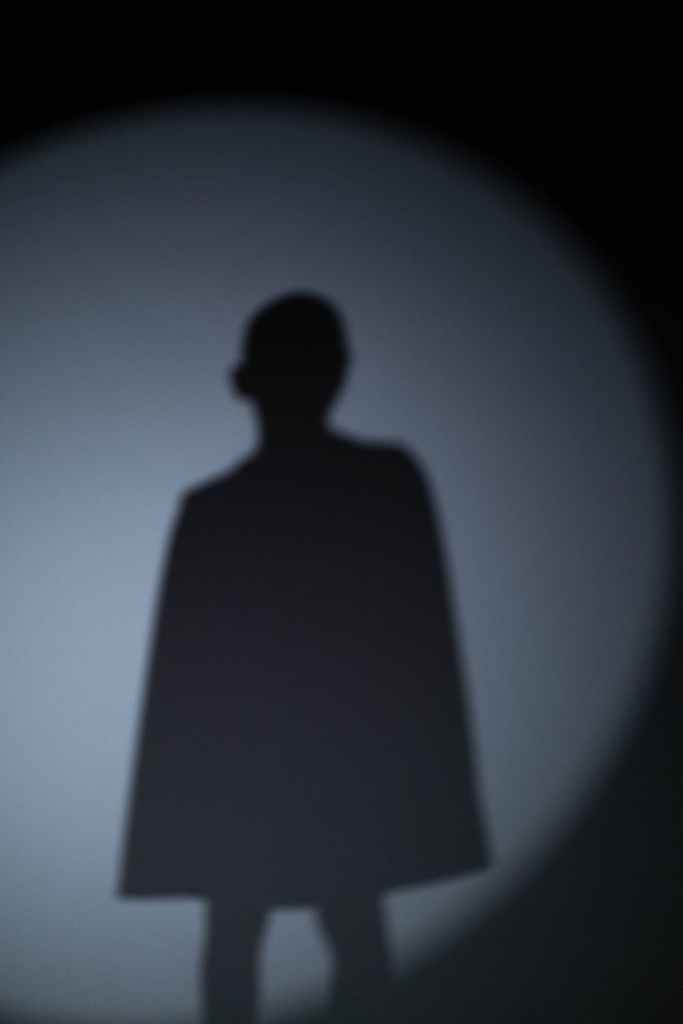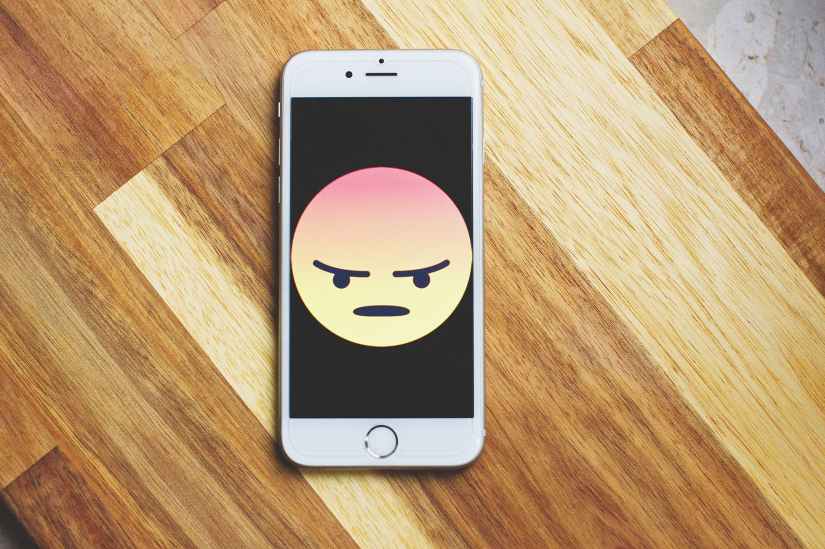I’m the bad guy
Today I am writing to you about a topic that I considered doing an entire series for, to be honest, I’m still considering it. Maybe next year? Consider this a teaser for a potential series and let me know what you think if you’d be interested in having a more ‘deep dive’ on the individual topics rather than the broad brush overview I’m doing in this letter.
Also, a warning, I’m probably going to talk about Thanos a lot. I won’t spoil End Game because I’m not evil, but Thanos will feature in a lot of my examples’.
Anyway, to get to the point, today in the ‘cliché’ series I would like to talk with you about cliché villains. The bad guys, the ones we love to hate, the contrast to the protagonist. So many of us love villains despite them being perhaps the worst for suffering from clichés.
I love it when you get a bloody good villain, and am heartbroken when you see a potentially good villain suffering from clichés. It makes them boring and these are your best opportunity for entertaining your reader or viewer or player. Villains are fantastic tools for creators, they can build dramatic tension, they can be hilarious, they can be sympathetic, they are probably the most versatile tool in your arsenal save from your protagonist.
So why do we use clichés?!?
Pure Evil

Right, first of all, I want to stress that when I was younger I was a fan of the Saturday morning type villain, the ones who are evil and nothing else. They can be a lot of fun, especially if you’re playing them for laughs. One of my favourite anime’s (that never got finished) is Dragon Half and the villain in this tiny unfinished season was like everything played for laughs. Hell dude carried a bucket of dry ice around for dramatic effect.
But, that being said these types of villain are a bit pants when the creator is taking them seriously. They kill henchmen for giggles, just to show how evil they are, why? Why waste your own resources? They name themselves things like “Lord of Evil” really? Why not just paint a bullseye on yourself.
Joking aside, no one ever thinks they are evil, no one. Hell, look at Thanos in Avengers, dude was trying to wipe out half of all life, that’s genocide on a galactic level. Did he identify as Lord of Evil? No, he did not, he thought he was saving the half of all life that he spared, he thought he was ending hunger, war, etc. He saw a dying universe, dwindling resources and saw a way forward that he thought other people were to cowardly to walk. He saw himself as the only one brave enough to do what needed to be done. It was everyone else who saw him for what he was, a mental genocidal lunatic.
It was, in part, because of this that Thanos was a good villain. Yes, he was the typical Saturday morning villain in the sense of his goals, he wanted to destroy half the worlds, maw ha ha ha. But because he saw himself the way he did he wasn’t a clichéd villain.
I liked Thanos as a villain, not sympathetic, not at all, but I could see his logic. It was flawed as all hell and I didn’t agree with him but I could see why he thought what he was doing was right. I could understand why he was acting the way he was.
Villains who think they are Hero’s / Hero’s who become villains

Right just to be clear I am not talking about Thanos here. Thanos knows he’s murdering half the universe, he knows it sucks but he seems to think it’s the lesser of two evils. He isn’t a hero and he knows it, he is resigned to the path he’s chosen.
Villains who think they are the hero can work, but they have been done to death, and unless you can manage to put a fresh spin on it then it’s likely to be dull. The same goes for villains who were the good guys but got super disillusioned with all the bureaucracy that the good guys have to deal with so struck out to take the bureaucracy down.
To an extent, a lot of superhero’s could fall under this cliché, as they are technically vigilantes. They could fight bad guys the way non-super heroes do, but instead of dealing with the bureaucracy they strike out on there own, think Batman, Spiderman etc. Hell, there was a whole Captain America film/comic arc about just this.
Anyway, I feel like I’m rambling without making much point. My point is that this has been done so many times, that while it’s not ‘bad’ per se it is overdone. If you really want to do this then go ahead, but try to carry it through, don’t just say this is villain A he used to work for good guys but now hates them the end, have it means something for villain A to have been with the good guys, give the villain inner conflict about his actions, have them struggle with the consequences of their actions. Make it a real part of their character rather than just a two-sentence origin story.
Hatred is My Motivation

Just so we’re all on the same page we all understand that people are multifaceted creatures? We have a full range of emotions, we all feel and we don’t all react the same way to every situation? Good, now that’s out of the way lets talk about the Villain whose sole motivation is hatred.
Usually the hatred stems from some kind of tragic backstory, usually, something nasty happened a long time ago and they’ve never gotten over it. Think Sephiroth from Final Fantasy VII, or my personal favourite Dracula in the Castlevania series, anime and games.
Because he’s my favourite let’s look at Dracula, his wife is killed by people who think she’s a witch (when she’s just clever). Dracula can’t deal with this emotionally so decides to wipe humanity off the face of the world. As you do, because that’s how grown-ups deal with their problems.
In the anime, this is addressed more than in the game series and it was pretty clear the writers knew this motivation was …a bit lame. There is a scene where Dracula’s son calls him on his bullshit, he tells him to kill the person who killed his wife if he wants revenge but killing all of humanity is insane. The rest of the show, while being fun, is also a look at how Dracula’s real motivation is to basically die (again his son calls him on this, calling his actions a suicide note).
Once again I feel like I’m going off on a rant rather than making a coherent point. So plainly my point is that this can work, but again it has been done so many times that even spin-offs change from the original source material a bit. If you want to do this then go ahead but try to find a way to make it ‘real’ if this is a PTSD type reaction then examine the mental health side of it more. Don’t just say, aww yeah well my villain got a bit sad and now wants to end the world.
I’m aware that this is going on a bit now so I’ll stop here, trust me I could go on. So please let me know if you’d be interested in a more deep-dive exploration of villains and their particular tropes and clichés.

I’d love to hear what you think, please comment below.